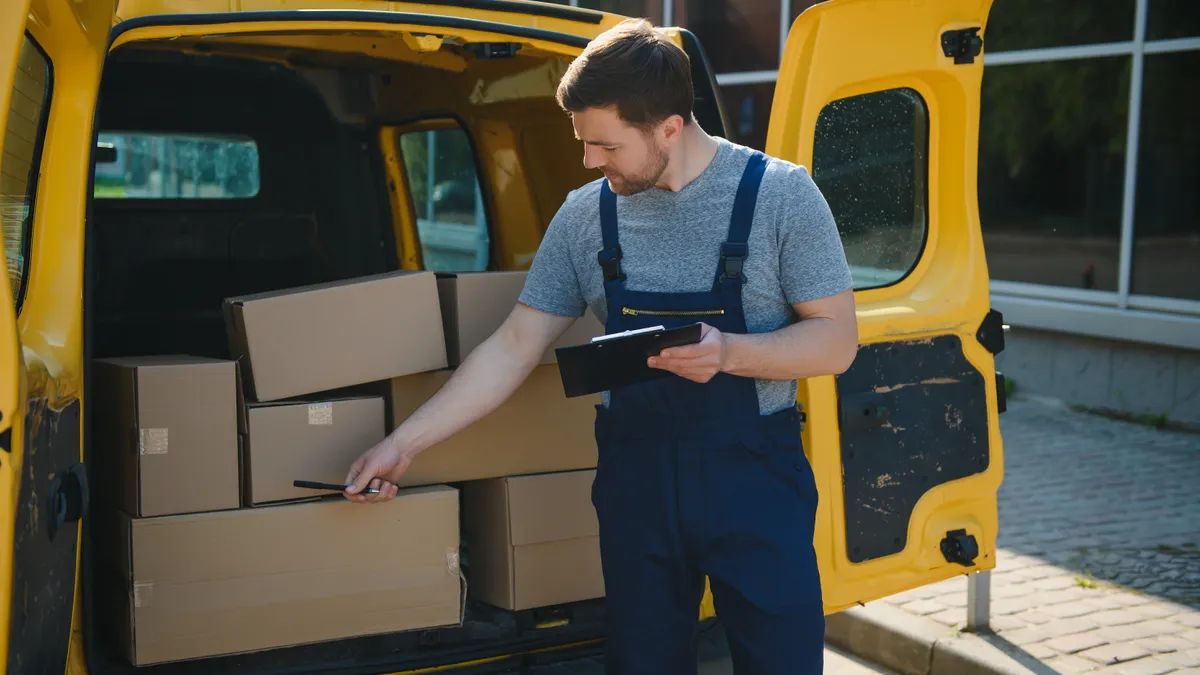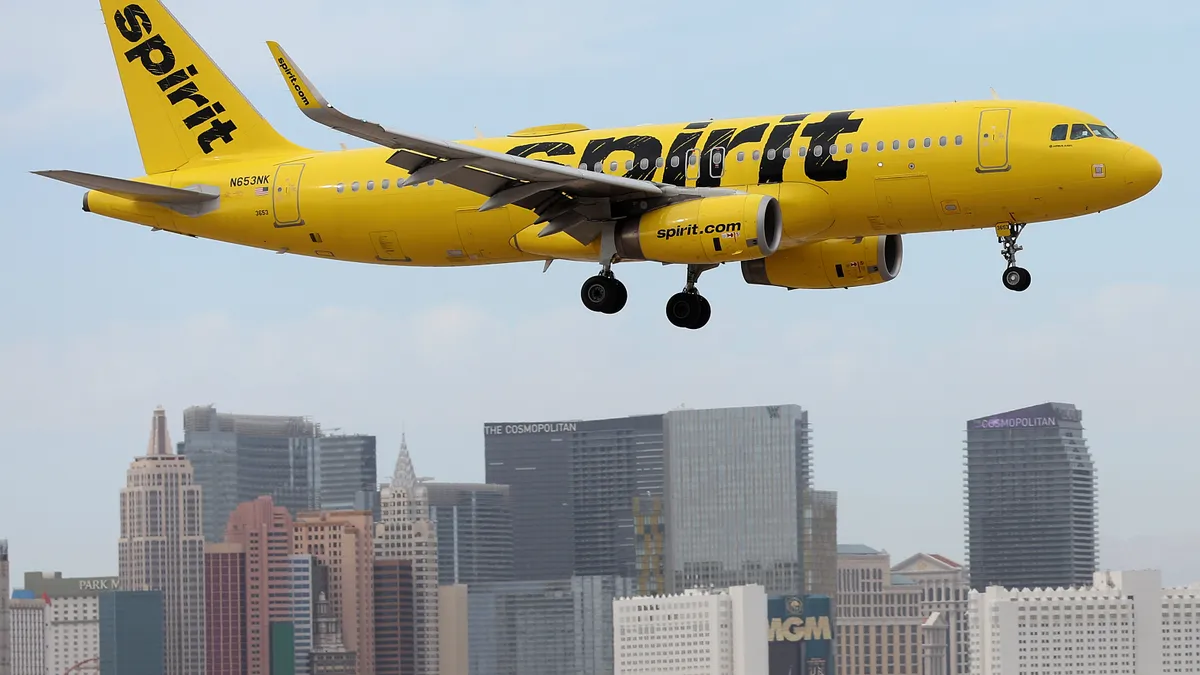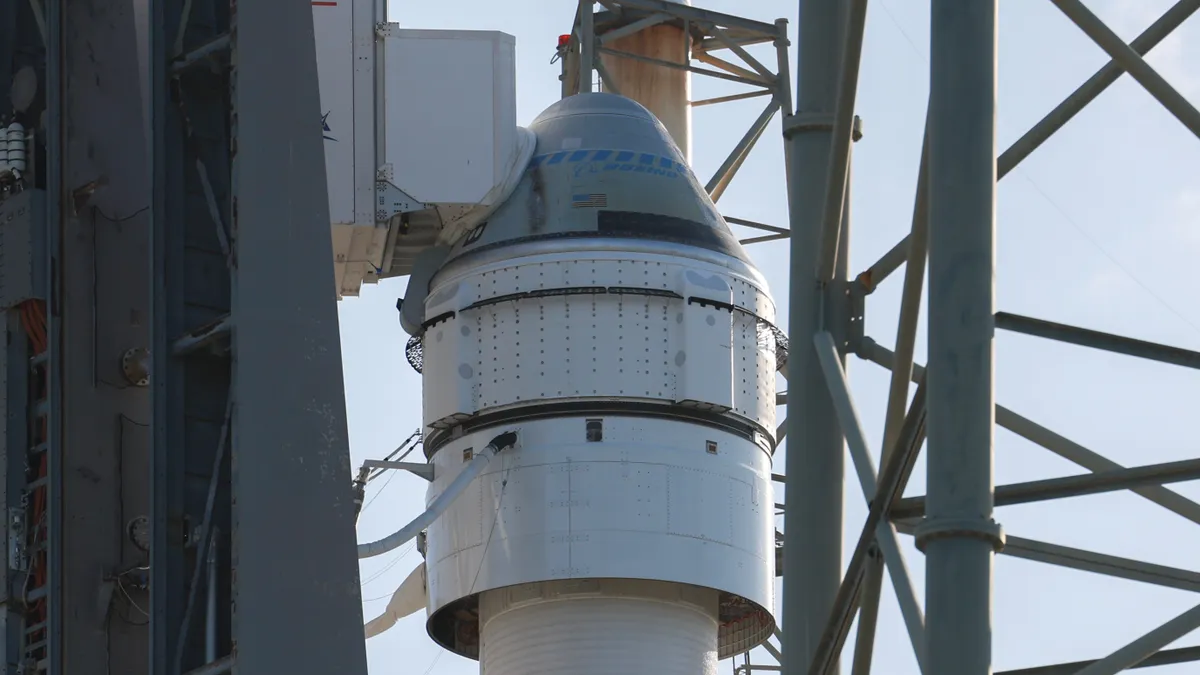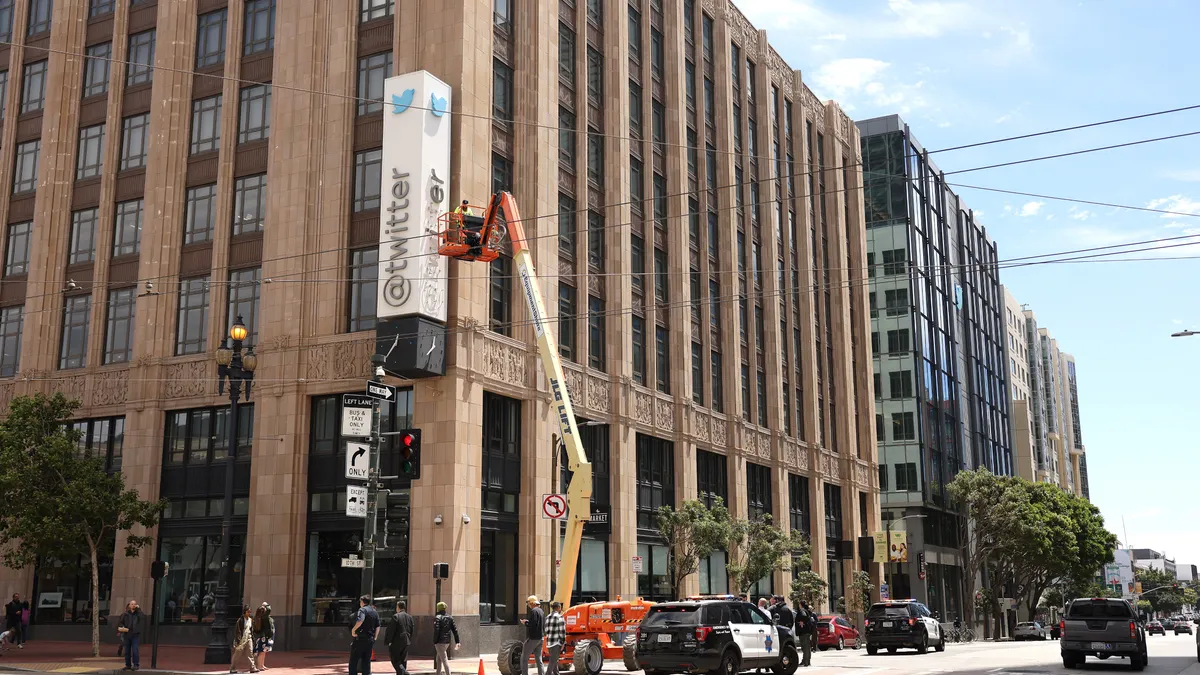Transportation workers do not need to work in the transportation industry to qualify for a Federal Arbitration Act exemption, the U.S. Supreme Court has ruled. The unanimous decision in Bissonnette v. LePage Bakeries involved commercial drivers in the bakery industry but it could affect workers at Amazon, Target and many other big retailers.
“Justice Kavanaugh noted during oral arguments that the number of companies that are going to have to deal with this is going to be massive,” said management-side attorney Michael Maroney of Holland & Knight’s Boston office. “I think it will embolden some plaintiffs to pursue arguments that they are exempt” from the FAA.
The FAA generally favors the enforcement of arbitration agreements while exempting the employment contracts of seamen, railroad employees or any other class of workers engaged in foreign or interstate commerce.
The justices ruled in 2022, in Southwest Airlines v. Saxon, that employees who load and unload cargo were exempt from the FAA and did not need to arbitrate their claims. The Bissonnette case makes clear that exemption is not limited to workers employed by airlines, railroads or shipping companies alone.
Job duties are what counts
Neil Bissonnette and Tyler Wojnarowski worked as commercial truck drivers hauling packaged goods for Flowers Foods, the company that makes Wonder Bread and other baked goods found on grocery shelves.
The drivers sued Flowers Foods and its subsidiaries, claiming the companies misclassified them as independent contractors rather than full-time employees and failed to pay them overtime. Since both drivers had signed arbitration agreements, Flowers moved to compel arbitration.
Citing the Saxon ruling, the drivers claimed they qualified for the FAA’s exemption since they were essentially performing the same role as railroad employees or seamen in transporting goods. But the Second Circuit Court of Appeals upheld the arbitration agreements. The key fact, it said, is that the commerce is in breads, buns, rolls and snacks — not transportation services.
“The Second Circuit shifted the focus from the employees’ duties to the employer’s industries,” said Anthony Oncidi, co-chair of the labor and employment law department at Proskauer. “And the Supreme Court said that’s the wrong test.”
Indeed, Chief Justice John Roberts observed in the Court’s opinion that the application of the Second Circuit’s test “would often turn on arcane riddles about the nature of a company’s services” such as whether a pizza delivery company derives its revenue mainly from pizza or delivery, or whether a company like Amazon, which sells products of its own and transports products sold by third parties, derives its revenue mainly from retail or shipping.
Had the Supreme Court accepted Flowers’ argument, Chief Justice Roberts wrote, “Mini-trials on the transportation-industry issue could become a regular, slow, and expensive practice in FAA cases.”
The company had warned that because virtually all products move in interstate commerce, nearly all workers who load or unload goods — from pet shop employees to grocery store clerks — will be exempt from arbitration without a transportation-industry requirement.
The Supreme Court, however, rejected that reasoning in noting that any exempt worker must at least play a direct and necessary role in the free flow of goods across borders.
“Chief Justice Roberts is suggesting to plaintiffs’ lawyers, this exemption isn’t limitless,” said Maroney. “It won’t apply to everyone.”
Lessons for in-house counsel
While the ruling is a victory for the plaintiffs, the Supreme Court expressly stated that it was not deciding whether the employees are, or are not, transportation workers. For that reason, Oncidi said, employers need to focus on the specific duties of the employees.
“For example, were these workers ‘just truck drivers’ delivering Wonder Bread in interstate commerce [as the employees contended],” he said, “or were they more broadly engaged in providing other services, including advertising, finding additional retail outlets or setting up promotional displays [as the employer claimed]?”
He predicts that courts may have to fashion a ‘primary duty’ test similar to the one that exists under the Fair Labor Standards Act for determining exemptions from overtime.
Maroney agrees there will be more disputes over whether someone qualifies as a transportation worker. And he does not see the ruling as a death knell for these types of agreements.
“Companies will still invoke the FAA, but they might have to be more intentional with references to arbitration under state law,” said Maroney. “They may need to say this will be covered under the FAA, but if not, it should be sent to arbitration under state law” in a forum that generally enforces class action waivers.


















